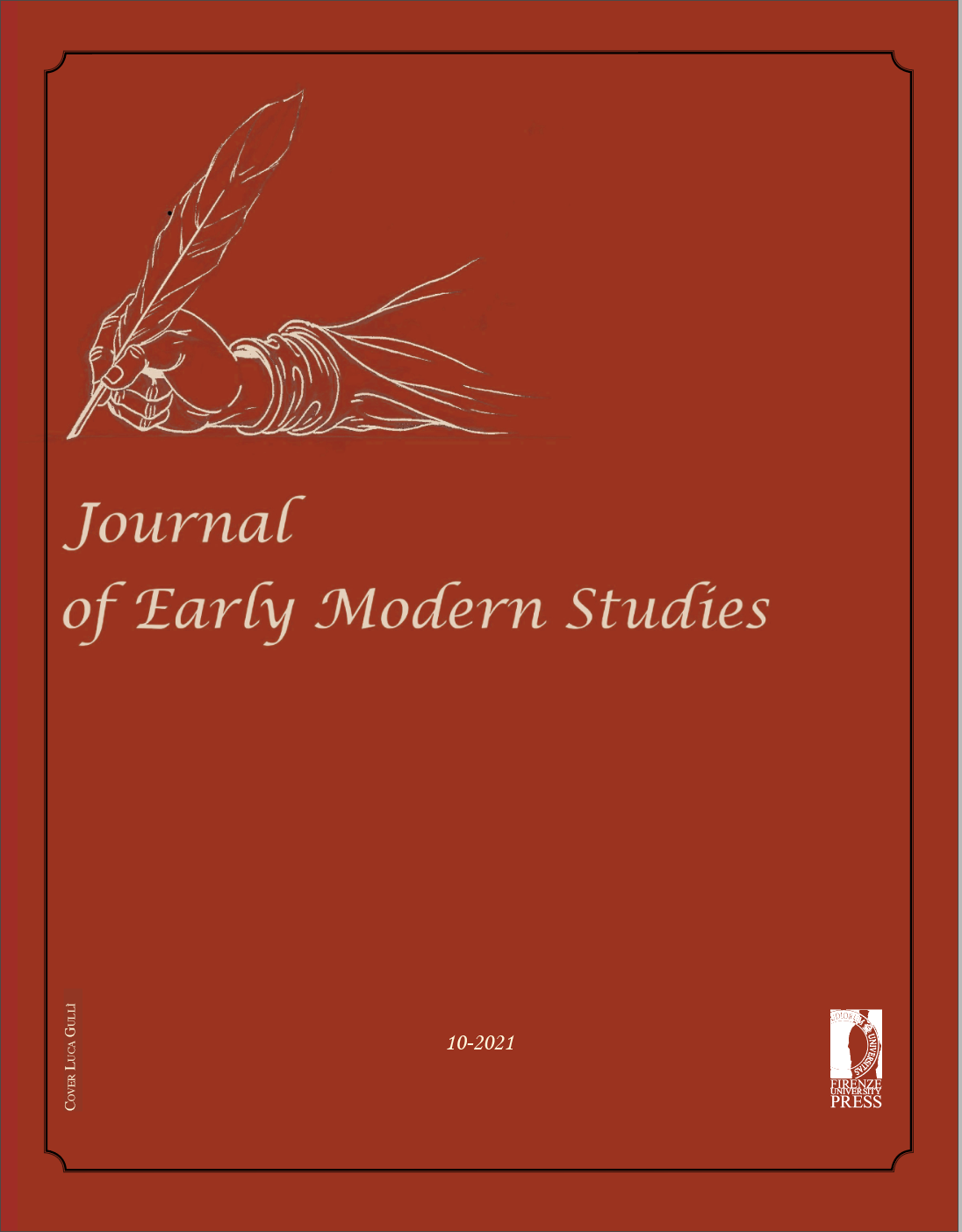Published 2021-03-15
Keywords
- Crime,
- Damnation,
- Early Tudor Drama,
- Punishment,
- Sins
How to Cite
Abstract
The article presents some case studies of early sixteenth-century English (and Scottish) drama in search of transformation from the overall religious condemnation of sins to a worldlier idea of crime and punishment. Starting from the sin of avarice and connecting it to the acquisition of illegal wealth and stolen property both on an individual and a political level, it also includes usury among property crimes. Relevant Tudor laws and statutes are taken into account and plays are studied on the background of contemporary legislation. The representation of onstage trial courts is also investigated, showing the change and continuation of legal procedures. Onstage forms of punishment are discussed as well. The analysis shows that the passage from sin to crime and from religious condemnation to earthly punishment, a phenomenon still difficult to perceive for law and social historians, is nevertheless foreshadowed in early Tudor drama, which progressively reflects social and political issues, including the administration of justice.


